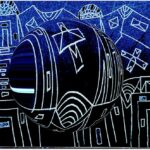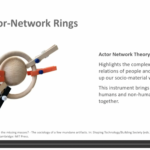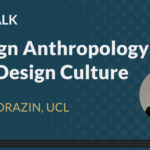
ALLEN W. BATTEAU
Wayne State University GLADIS CECILIA VILLEGAS
Universidad de Medellin [s2If is_user_logged_in()]Download PDF[/s2If]
[s2If current_user_can(access_s2member_level1)]
[/s2If]
Since the 1980s, it has generally been accepted that corporations have cultures, and that corporate culture bears an important, if poorly understood, relationship to corporate performance. Figuring out how to measure, fine-tune, and adjust corporate culture has been a cottage industry within management consulting ever since, employing numerous psychologists, sociologists, management theorists, communication specialists, and occasionally anthropologists. Corporate cultures have been variously characterized as strong, weak, open, closed, flexible, rigid, innovative, traditional, or (more typically) some mélange of all of these. To better understand the relationship between corporate culture and corporate performance, perhaps it would be better to understand culture as a living, breathing entity, not a museum specimen to be examined under laboratory...
















